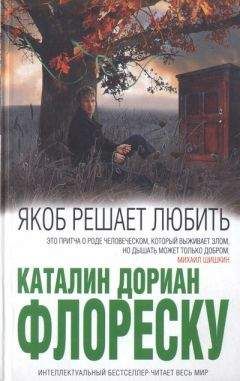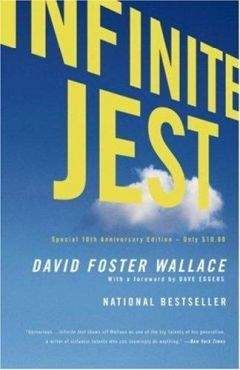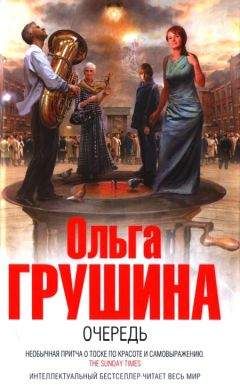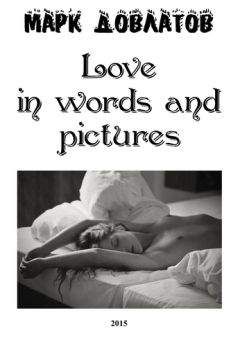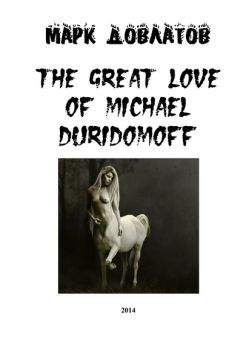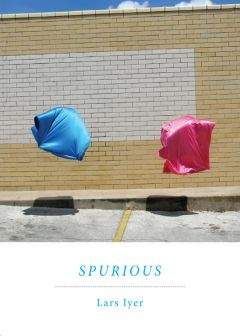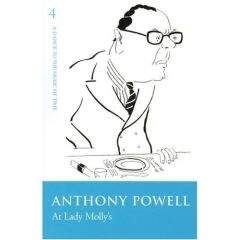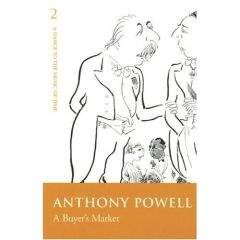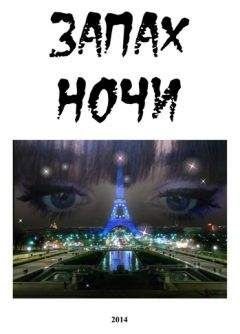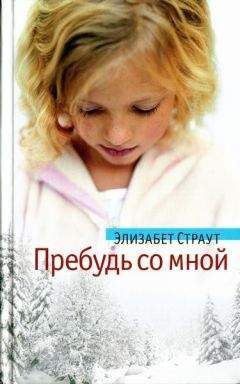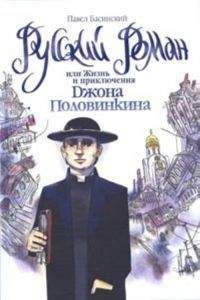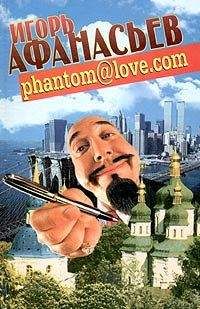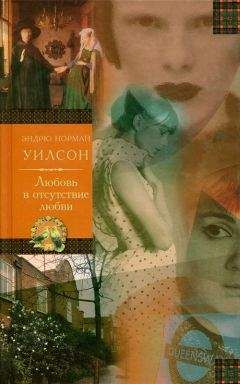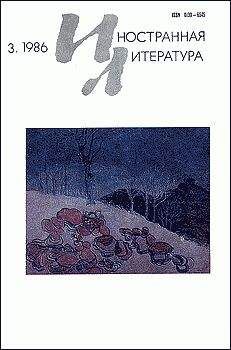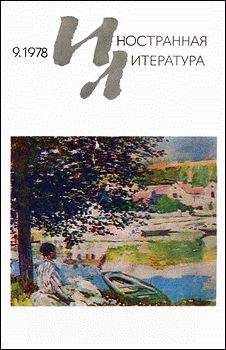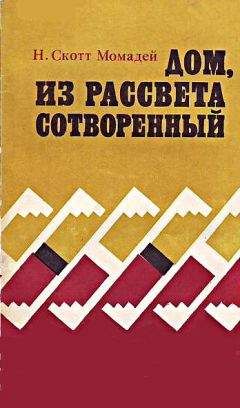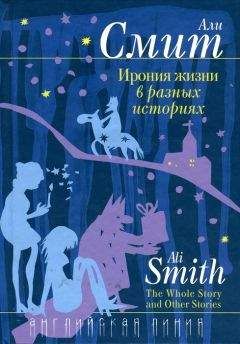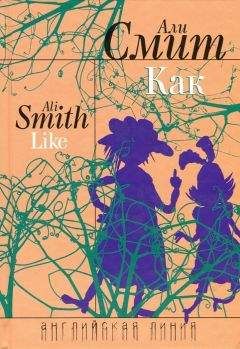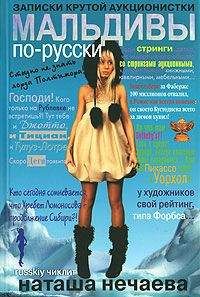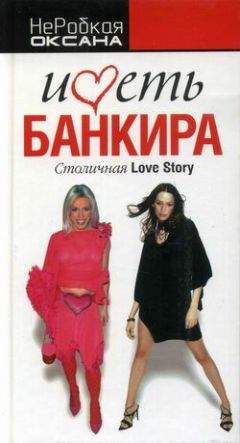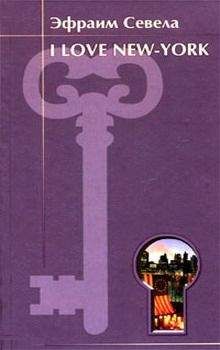Peter Carey - Oscar and Lucinda
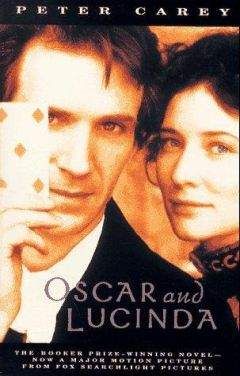
Скачивание начинается... Если скачивание не началось автоматически, пожалуйста нажмите на эту ссылку.
Жалоба
Напишите нам, и мы в срочном порядке примем меры.
Описание книги "Oscar and Lucinda"
Описание и краткое содержание "Oscar and Lucinda" читать бесплатно онлайн.
The Booker Prize-winning novel-now a major motion picture from Fox Searchlight Pictures.
This sweeping, irrepressibly inventive novel, is a romance, but a romance of the sort that could only take place in nineteenth-century Australia. For only on that sprawling continent-a haven for misfits of both the animal and human kingdoms-could a nervous Anglican minister who gambles on the instructions of the Divine become allied with a teenaged heiress who buys a glassworks to help liberate her sex. And only the prodigious imagination of Peter Carey could implicate Oscar and Lucinda in a narrative of love and commerce, religion and colonialism, that culminates in a half-mad expedition to transport a glass church across the Outback.
His knowledge of Hennacombe was confined to two households and various red-soiled paths no more than one foot wide. And although he had, in the very act of writing home, posed as an authority on Sydney, had been happy to relay the common platitudes (that it was, for instance, a working-man's paradise) he had known nothing of it.
Now he felt himself cast into a morass and little dreamed he was dragging his puffing, saddlesore friend, the bewildered Wardley-Fish, through the muck behind him. He felt himself a beetle inside the bloody intestines of an alien animal. And any idea he had harboured that the bush was, as the engravings of the Sydney Mail might suggest, a pure and pristine place of ferns and waterfalls was soon demonstrated to be quite false. There were ferns, of course, and waterfalls. There were clouds of splendid birds but this was not the point.
At Maitland, Wardley-Fish had been barely a day behind the party, but then there was a game of cards with squatters in a so-called Grand Hotel. He had tried to leave, but he was too far ahead and his cornpanions would not hear of it. By the time this game was finally settled Mr Jeffris's squeaking, whip-rattling convoy was far ahead: passing along burning ridges somewhere north of Singleton. The Odd Bod's eyes streamed. His lungs rebelled. His hard-sprung wagon lurched and banged over rocky tracks or squelched into fart-sour mud. The Odd Bod sat on a wooden bench and buttoned his long-sleeved shirt against the mosquitoes and the sun. He comforted the burly Percy Smith. He assured him that he was forgiven. The air was filled with foul language, such hatred of God as Oscar would have imagined suitable for hell itself. They travelled behind the quartermaster's wagon and thus behind the smell of bad meat which made up their diet. They travelled beside ugly windrows, great forest trees pulled into piles by settlers eager to plant their first crops.
In a pretty clearing beside some white-trunked paper-barks, Oscar saw a man tied to a tree and whipped until there was a shiny red mantle on his white shoulders and brown seeping through his Anthony Hordern's twill trousers. His "mates" all watched. Oscar prayed to Jesus but no prayer could block out the smell of thé man's shit.
He forgave Mr Smith. How could he not? He who stood witness to far greater crimes than his. He accepted his laudanum. He lay down on the grass and let the funnel be inserted. He had queer laudanum dreams and other thoughts you could not label so neatly.
An Explorer
If you plucked Sydney from the earth, he thought, like an organ ripped from a man, all these roads and rivers would be pulled out like roots, canals, arteries. He saw the great hairy, fleshbacked tuft, which he saw was Sydney, saw the rivers pushing, the long slippery yellow tracks like things the butcher would use for making sausages.
While he saw all this, he also saw Percy Smith's unhappy, pale, blinking eyes as he handled his blackened short-stemmed pipe.
He saw his father killing moths by driving copper pins into their eyes. He dreamed of enormous sea-shells, soft, like ladies' quilted jackets-pale pink, lilac, lily greencast up on a Devon beach. He had ecstatic dreams involving water in one of which his body assumed the form of a river. His anus itched. His head was jolted and thrown forward. Through all the physical discomforts, the dreams came to him, like complicated melodies played by a man lying in a bed of nettles. He dreamed he was somehow inside his father's aquarium. The cool water was very soothing to his prickling skin. He could see his father's wise and smiling face peering in at him. He could see, dimly, the outside world, the chair and benches of his father's study. Sunlight streamed through a window. He thought: That window faces north. He felt very happy for he knew that the sunlight meant his father was now in the southern hemisphere.
But it was Wardley-Fish who was in the southern hemisphere. He was one day's fast trot behind the wagons. He had a tired horse, but plenty of money for a fresh one. He walked the darkflanked beast along the flat sandy path above the Macleay. The path was through tea-tree scrub. He came round a bend to find a man with a handkerchief tied across his face. As the man produced his pistol, bright loud birds flew across the path behind his shoulder. Oscar had dreams in which portions of the real world stumbled, like horses' hooves stuck in drought-cracked clay. These dreams were marked by the filigree of giant trees silhouetted against the sky, by beards, by curses, and the plant collector's German hymns. But only the longest and most beautiful dream transcended the jolting, jogging rhythms of the wagon. It involved a glass-house shaped like a seamless teardrop; the teardrop suspended in a wire net; the net held by cast-iron rods out from a cliff above the sea. On the sand below was the refuse from his other dreams, those enormous pink shells, his mother's buttons, a sherry bottle. In his dream he had one thought which turned and turned on itself like a shining steel corkscrew. The thought was this: I am not afraid.
Oscar and Lucinda
Wardley-Fish returned to Sydney in the company of a travelling draper of exotic extraction. He was indebted to the man for the trousers he wore. … ,".
*-*.
>K4f: V!' S*,
99
ArfOldm<^ltow
The sand for our glassworks did not come from Bellingen, but from Yellow Rock, which is on the coast, not far from where Mr Jeffris's party finally emerged from the bush. The sand at Yellow Rock is not as good as the Botany sand which Dennis Hasset, and others before him, tried to promote in London and Sydney, but it is good enough sand. It produces a glass with a faint yellow tinge, the effect of which, in the windows of old Bellinger Valley farmhouses, is to make the kikuyu pastures a particularly dazzling green. The sand was held in big corrugated-iron hoppers and when these ran low my father would employ a gang of men and we would take three wagons over to Yellow Rock and load them. I say "we" because I went too, even-and I cannot see how this was so, except that it waseven on a school day. We would stay overnight at the Old Blacks' Camp.
The Old Blacks' Camp consisted of seven weatherboard huts, built in a row. They were constructed after the style of the so-called "shelter sheds" which are still the feature of school playgrounds around Australia. They were bleak places, each with a single "room," a single door, three steps, one window. In these huts the surviving members of the Kumbaingiri tribe lived, and died.
The only one I remember is the one they called Kumbaingiri Billy. More commonly he was known as Come-and-get-it Billy. I do not know his real name, or even his age. My father liked Kumbaingiri Billy. He always brought him bacon. I think they were friends, proper friends. They drank tea together. My
Glass Cuts
father never made jokes about him. Once he said: "Kumbaingiri Billy has more brains in his nose than the whole shire council wrapped into one."
When I was ten, Kumbaingiri Billy told the story of "How Jesus come to Bellingen long timeago." Afterwards I made a patronizing joke about it and my father hit me around the legs with the electric flex from the kettle. I didn't make jokes about it again, although I listened to the story a number of times. Kumbaingiri Billy must have first heard it when he was very young, and now I think about it it seems probable that its source is not amongst the Kumbaingiri but the Narcoo blacks whom Mr Jeffris conscripted at Kempsey to guide the party on the last leg of its journey. But perhaps it is not one story anyway. The assertion that "our people had not seen white people before" suggests a date earlier than 1865 and a more complex parentage than! am able to trace. «
100
Glass Cuts
The white men came out of the clouds of Mount Darling. Our people had not seen white men before. We thought they were spirits. They came through the tea-trees, dragging their boxes and shouting. The birds set up a chatter. What a noise they all made. Like twenty goannas had come at once to raid their nests. Anyway, it was not nesting time. We thought they were dead men. They climbed hills and chopped down trees. They did not cut down the trees for sugar bag. There was no sugar bag in the trees they chopped. They left the trees lying on the ground. They cut these trees so they could make a map. They were surveying with chains and theodolites, but we did not understand what they were doing. We saw the dead trees. Soon other white men came and ring-barked the trees. At that time we made a song:
VK
« «
Oscar and Lucinda
Where are the bees which grew on these plains? av The spirits have removed them. 72
They are angry with us.
They leave us without firewood when they are angry. They'll never grow again. <>> t We pine for the top of our woods, ' .;
but the dark spirit won't send them back. i. ^ ' ï 'The spirit is angry with us. < The white men spoke to two men of the Narcoo tribe. They were young men. They gave the white men a big kangaroo, and some coberra. The white men would not eat the coberra. They told the Narcoo men to show them the way to the Kumbaingiri, although the Narcoo men had never seen anyone from that tribe. They were neighbours, but they did not visit. The Narcoo men said: "You wait here."
They went back to the tribes and the elders had a big talk and then they told the young men:
"You keep them buggers going quick and smart."
So that is what the young men did. They showed them the way, although it was not easy. They had seven wagons. Sometimes the boss would say: "We going to camp here." And then he would gallop off and chop down trees and make more maps. Then he would come back and say: "Right you are, we go now."
It was in these camps the young fellows learned about Jesus. This was the first time they ever heard of such a thing. They were told the story of Jesus nailed.to the cross. They were told by the Reverend Mr Hopkins. Whenever they crossed a river this fellow had to lie on his back first. Then he would put a tin funnel in his mouth and then they would fill him up with grog. He must have been drunk, but the young men were never offered the bottle so they did not find out what it was he drank.
The Reverend Mr Hopkins told the Narcoo men the story of St Barnabas eaten by a lion. He told them the story of St Catherine killed with a wheel. He told them the story of St Sebastian killed with spears.
Naturally the Narcoo men misunderstood many things, but many things they understood very well. One thing they did not understand was the boxes on the wagons: they got the idea these boxes were related to the stories. They thought they were sacred. They thought they were the white man's dreaming.
Coming down Mount Leadenhall it was so steep they were lowering
Glass Cuts
wagons on pulleys and ropes. It was a great bloody mess with ropes tied to trees and bullocks pulling up so the wagons would get lowered down. There was an accident. One of the boxes fell. Straight away the white fellows opened up this box. Naturally the Narcoo men were keen to see what was inside.
You know what they saw? It was glass. Up until that time they had not seen glass. There was glass windows down in Kempsey and Port Macquarie, but these fellows had not been to those places. They saw the glass was sharp. This was the first thing they noticed-that it cuts. Cuts trees. Cuts the skin of the tribes.
When the white men wanted to cross Mount Dawson, the Narcoo men did not wish them to. Mount Dawson was sacred. The young men were forbidden to go there. It was against their law. Then the leader of the white men shot one of the Narcoo men with his pistol. The other Narcoo man was named Odalberee. This Odalberee took them up Mount Dawson, and down towards the Bellinger Valley. He made a song.
Glass cuts.
We never saw it before.
Now it is here amongst us.
It is sacred to the strangers.
Glass cuts.
Glass cuts kangaroo. Glass cuts bandicoot.
Glass cuts the trees and grasses.
Hurry on, strangers.
.-.-.. Hurry on to the Kumbaingiri.
. Leave us, good spirits, go, go.
Odalberee led them down towards the coast at Uranga. He thought he should take them towards the sea so they could go away. But on the last night, when they were almost there, the Kumbaingiri knew there were strangers in their country. The Kumbaingiri came with torches at night. They walked through the bush to talk to the strangers. But the strangers got frightened. Odalberee got frightened too. The Kumbaingiri men did not understand him. Then there was a lot of shooting. The Reverend Mr Hopkins made a big fuss. He shouted. He ran about. The leader of the white men said: "Tie that fellow up." v>7
Oscar and Lucinda
They tied him up to a tree down in a gully. There were two men with him to keep him safe. Then they went back and fired more rifles at the Kumbaingiri. You could hear the red-haired man wailing. He was like a ghost in the night.
The next day Odalberee went off and found the Kumbaingiri again. He told the story of everything that had happened to him. He cut himself. He brought glass with him, wrapped in a possum skin. He was sick to have caused such death. He cut himself not only on the chest, but on the arms. He did this with the glass.
In a short time Odalberee was very sick. No one could cure him. Before too long he died. That glass was kept a long time by the elders of the Kumbaingiri, but it was not kept with the sacred things. It was kept somewhere else, where it would not be found. 101
Oscar at Bellingen Heads
When Oscar Hopkins arrived at the banks of the Bellinger, he had changed. Those limpid eyes, which had once irritated Wardley-Fish with their "holy" pose, now showed a dull, ash-covered anger. His face was burnt a painful vermilion and his nose-due to an illusion created by the peeling skin-seemed to have grown large and slightly hooked. It was a gaunt, scraped-out kind of personality you saw there, scarred by bushfire, incapable of so fat a luxury as tears. He was a red salmon as it enters the waters of its home river where it will spawn and die, no longer plump and silver but with its belly empty, its jaw become long and hooked, its whole body bright red and splendidly, triumphantly ugly.
Mr Jeffris's party found the Bellinger River at a place where the Narcoo man judged they would do the least amount of damage. This was at Urunga, a wounded place in any case. 30Q
Oscar at Bellingen Heads
In those days it was called Bellingen Heads.
As they came down the dry and pebbly ridge towards the high white trees, the Narcoo man slipped away. Mr Jeff ris took a pot-shot, but with no real intention of killing-just a shot which threw the white cockatoos into the air like screeching feathers from a burst pillow. Oscar sat beside Mr Smith under the canvas awning of the "Ladies' Compartment." Mr Smith was sharpening his axe on a stone. The laudanum bottle sat between them, but the humiliating funnel was nowhere in evidence. Since the slaughter at Sandy Creek, Oscar had administered his own laudanum. He kept a small clear-glass bottle in his jacket pocket which he replenished from the large stone demijohn. He sipped on it from time to time, but it was like water on a rock-hot fire-it gave off steam, but did not stop the heat. He sat on the hard wooden seat beside the silent Mr Smith who seemed to have contracted his whole being into the shadow of his hat. Mr Smith honed his axe. He had honed it for a long time now. Oscar Hopkins was drunk on laudanum. He sat with his back to the carefully labelled crates of glass and iron. He rubbed at the brown-stained bandages on his wrist. He knew his rope burns to be infected, but could not bear to speak of this, or any other matter, to Mr Jeffris who, now they were almost arrived at their destination, had begun to change in his manner towards him so that he could, cantering back up the hill towards him, actually smile and, without either apology or irony, ask him was it not sweet to be alive. Mr Jeffris was content. He had not made a great exploration-you could not have a great exploration with seven wagons in mountainous country-but he had done sound work, which would serve as evidence of his ability to lead other expeditions. He had put names to several largish creeks. He had set the heights of many mountains which had previously been wildly misdescribed. He had established a reputation for courage, having led his party through places inhabited by desperate blacks. His journals recorded that he had "given better than we took" from the "Spitting Tribe." Also: "6 treacherous knaves" from the Yarra-Happini had been "dispatched" by their guns. He had also successfully defended the party from the "murderous Kumbaingiri." He recorded all this in a neat and flowing hand which gave no indication of the peculiarities of his personality. His sketches of the countryside, the long ridges of mountains etc, were as good as anything in Mitchell's journals.
Подписывайтесь на наши страницы в социальных сетях.
Будьте в курсе последних книжных новинок, комментируйте, обсуждайте. Мы ждём Вас!
Похожие книги на "Oscar and Lucinda"
Книги похожие на "Oscar and Lucinda" читать онлайн или скачать бесплатно полные версии.
Мы рекомендуем Вам зарегистрироваться либо войти на сайт под своим именем.
Отзывы о "Peter Carey - Oscar and Lucinda"
Отзывы читателей о книге "Oscar and Lucinda", комментарии и мнения людей о произведении.





